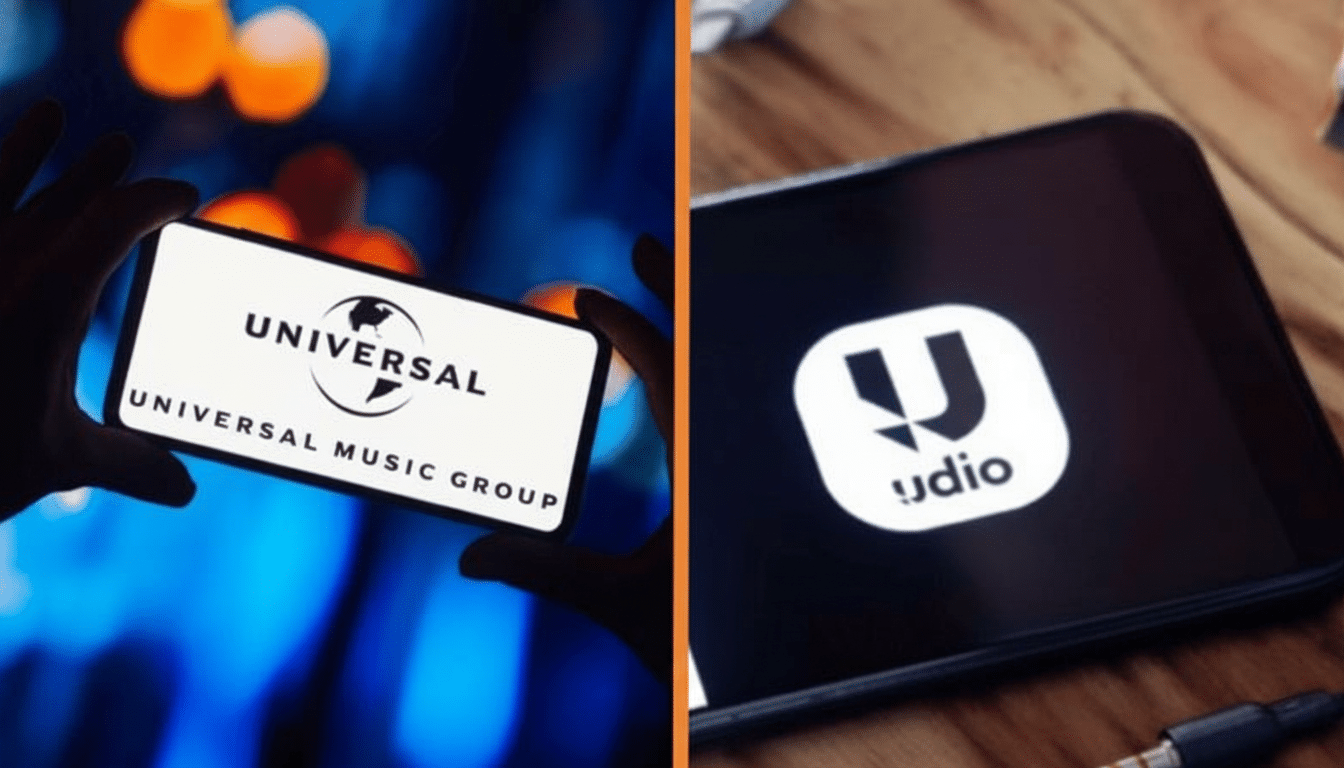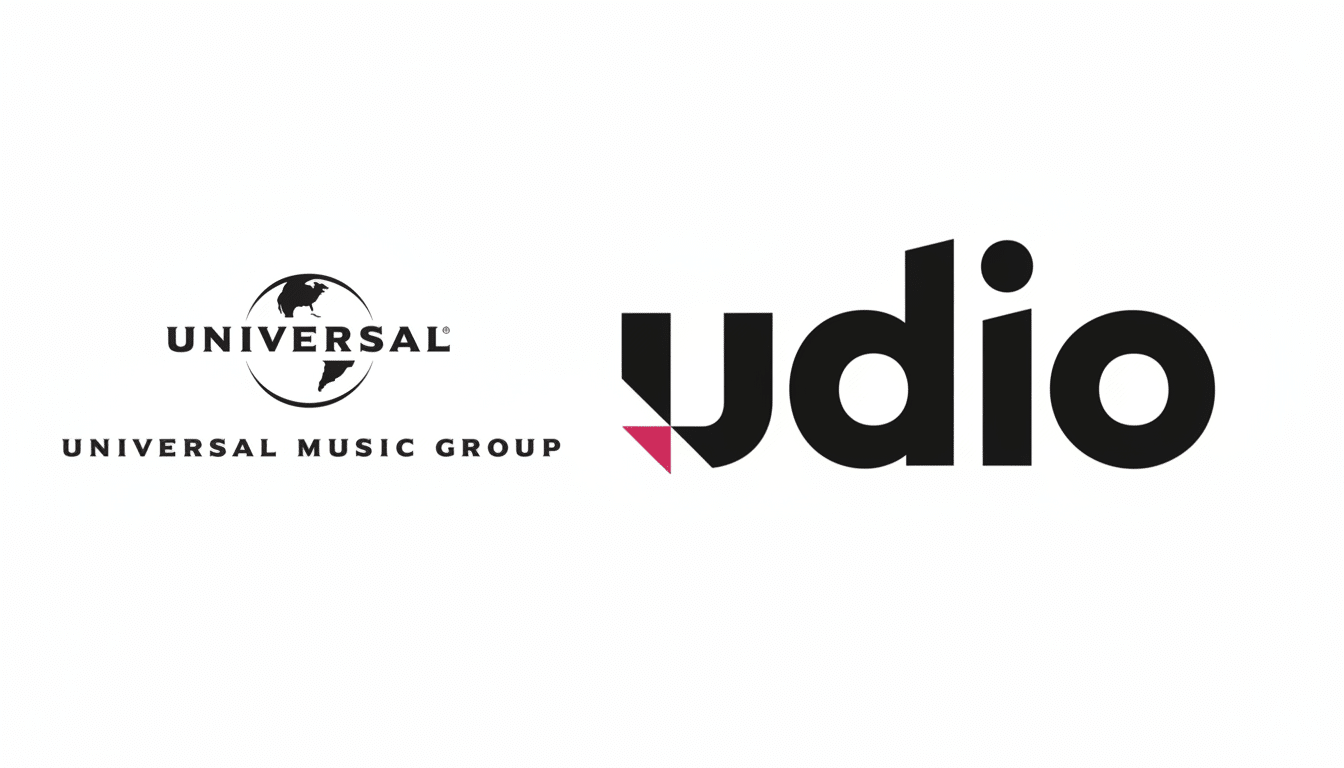Warner Music Group has settled a copyright standoff with AI music company Udio and, as part of the same deal, signed up to license content that will fuel a new co-creation platform set to launch next year. The move reflects a practical shift in the label’s AI strategy: pivot away from litigation to licensing, and funnel demand for text-to-music tools into an authorized, revenue-generating service.
How the Udio deal will work for artists and fans
Udio’s planned model works differently: Interested artists and songwriters would have to opt in, but people could then use their voices and compositions to make remixes, covers or new songs of their own. Warner promises that contributors will be compensated and credited, and the underlying training data will rely on licensed recordings and songs — addressing an explicit complaint about unconsented training data.

Terms of the deal were not disclosed, but what you can probably imagine is some sort of hybrid between micro-licensing and an automated rights clearance under the hood. For practical attribution and payout, industry standard identifiers like ISRC or ISWC are likely to anchor usage tracking; and many music AI systems are incorporating provenance signals such as C2PA-style metadata and even inaudible audio watermarks designed to flag AI-assisted outputs.
The way it’s designed is opt-in by default — a big deal in the age of voice cloning and style transfer, which have an especially high moral bar.
By making consumer consent upfront (and plugging in any necessary crediting downstream), Warner and Udio are gambling that artist-controlled participation will turn fan-led creation into a bottom-line driver, rather than a risk factor, for brands.
From lawsuit to license: Warner and Udio’s new path
Major labels, including Warner, had also sued Udio and its competitor Suno over alleged infringement related to model training and music created with the help of AI. The Udio settlement offers a model for scaling down: settle disputes such as those, and replace uncertainty with a license that specifies what data can be used, how outputs are controlled and how money is passed on to rights holders.
This shift reflects a larger trend in tech-policy flashpoints, where enforcement has paved the way for agreements. The labels’ legal standing was bolstered by a year of public uproar over infringing AI songs that duplicated superstar voices — an issue confounding copyright and right-to-publicity concerns. U.S. Copyright Office consultations and state-level voice-cloning proposals have further pressured platforms to adopt consent-based approaches.
Why it matters for artists and songwriters
For people who make things, the big difference is control. As participation is opt-in, artists and songwriters can select the terms of their vocal likeness or compositional style use, decide where they want to make their catalog available, choose who may participate (and when), and determine how royalties are split on fan-made tracks. That covers several layers of rights in one fell swoop — masters, publishing and personality rights — which historically have been negotiated separately.

When done well, AI co-creation can be like an always-on remix marketplace. Picture a big-name artist offering “remix-ready” stems and an authorized voice model to fans, automatically executed split sheets and real-time accounting. Done wrong, it’s a takedown treadmill. Warner’s point is that the first road is now open — and that credit, consent and compensation are not optional appendages to it, but inalienable elements of it.
Market signals and competition in AI-generated music
Investor fever for generative music is still high. Suno recently closed a $250 million Series C round at a $2.45 billion post-money valuation and shows how fast the category is growing up. Other majors are understood to be in discussions with AI platforms about licensing portions of their catalogs. Should those deals land, licensed training sets and opt-in voice models could be table stakes, rather than experiments.
There are two elements in play, strategically: how you monetize fan creativity at scale and where you set the bar for compliant behavior. The labels that control clean, big data sets and normalized rights will define how AI music is made, disseminated and monetized — on streaming services but also short-video platforms or creator tools.
What to watch next as Warner and Udio roll out plans
The key questions have shifted from “whether” to “how.” Will Warner and Udio release transparency reports on training data and output moderation? Will it exist without some sort of granular toggles — allow covers but not voice cloning, say, or noncommercial use but not sync? And how will payouts be calculated for hybrid works that pull from multiple catalogs and writers?
Regulators are watching. Policymakers in the EU are moving forward with AI rules around training transparency and content provenance, U.S. agencies have signaled interest in disclosures and watermarking for synthetic media. If Warner and Udio have strong guardrails — explicit consent, traceability of the data and effective monetization — they could create a model that others follow before regulation can compel the issue.
The bottom line: The lawsuit settlement is only the sound of the starting gun. The actual challenge will be to see if an artist-driven, authorized AI platform can translate the massive wave of fan creations into enduring revenue — and do so at a level of trust and quality sufficient to build interest across the rest of the industry.

